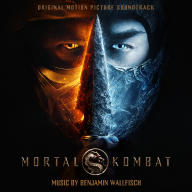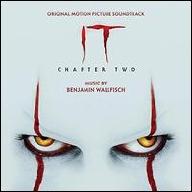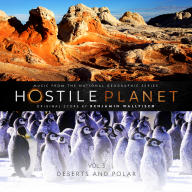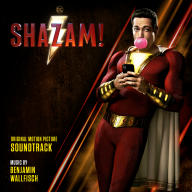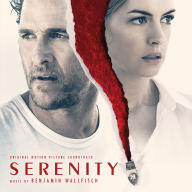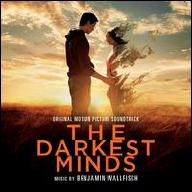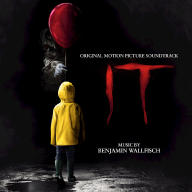Born in London, England in 1979 to professional classical musicians (violinist Elizabeth Wallfisch and cellist Raphael Wallfisch), he began playing piano at the age of five and composing at six. Wallfisch went on to study composition at the Guildhall School of Music and Drama, the University of Manchester, and, as a postgraduate, the Royal Academy of Music. Subsequent work involved the BBC, a commissioned ballet, the Netherlands Radio Philharmonic Orchestra, and the English Chamber Orchestra, just to name a few of his affiliations.
Wallfisch made his debut as main composer on a feature film in 2005 with Lars von Trier's Dear Wendy. Between that film and his next composing credit, 2008's The Escapist, he worked as an orchestrator and conductor on such arthouse and mainstream hits as Pride Prejudice, V for Vendetta, and Atonement. After penning scores for a handful of shorts, documentaries, and TV movies, the 2012 feature Conquest 1453 was followed by projects including the Steven Spielberg-produced documentary short Auschwitz (2015), Gore Verbinski's A Cure for Wellness (2016), and the supernatural drama Lights Out (2016). During that period, he also composed additional music for the likes of 12 Years a Slave and The Little Prince.
In 2017, Best Picture Oscar nominee Hidden Figures earned a Golden Globe nomination in the category of Best Original Score for the team of Wallfisch, Zimmer, and Pharrell Williams; the soundtrack was nominated for a Grammy. The year 2017 also saw the release of films and accompanying score recordings for Wallfisch's Bitter Harvest (Varèse Sarabande), Annabelle: Creation (Silva Screen), It (WaterTower Music), and Blade Runner 2049 (Epic), the latter of which resulted in his second Grammy nomination (with Hans Zimmer). The independent films Night Hunter and Serenity were among his output in 2018, and in 2019 he returned to the It franchise for It Chapter Two in addition to scoring the more lighthearted Shazam! and the documentary TV series Hostile Planet. ~ Marcy Donelson, Rovi


